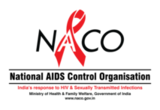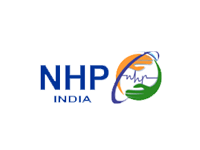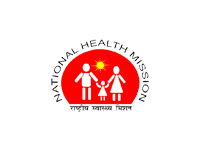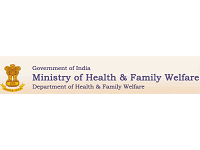Awareness-raising || Management STI /RTI || Integrated Counselling and Testing Centre (ICTC) || PPTCT || PEP || Condom Promotion Programme || Access to Safe blood
The HIV epidemic in India is concentrated among high risk groups (sex workers, men-having-sex-with-men, injecting drug users and clients of sex workers), though there is evidence of the infection spreading to the general population. About one-third of districts in the country have high HIV prevalence.
To contain the infection, NACP-III consolidates efforts in prevention, care, support and treatment of HIV/AIDS. Under the plan all HIV/AIDS linked services are integrated and scaled up to sub-district and community level. However, the services available in any area are based on the prevalence there. This is made necessary as HIV/AIDS in India presents heterogeneous epidemiology with high rate of prevalence, more than one percent in general population in some districts and low prevalence in others.
Core Services at District level
In packaging of services, care is taken for the special needs of the region and availability of complementary healthcare system. In high prevalence districts, the full spectrum of preventive, supportive and curative services are available in medical colleges or district hospitals. These hospitals provide HIV/AIDS prevention services including treatment and cure for sexually transmitted infections, psycho-social counselling and support for people infected or affected by HIV, management of opportunistic infections and anti-retroviral therapy for people living with HIV/AIDS, counselling and testing facility for prevention of parent to child transmission of HIV infection, specialised paediatric HIV care and treatment as well as referral for specialist needs such as surgery, ENT and ophthalmology etc.
CHCs give Basic Services
Community Health Centres and Primary Health Centres are integrated in the programme and facilitate prevention through promotion of condoms, counselling and testing for HIV (ICT Centres), prevention of parent to child transmission (PPTCT), treatment and cure for sexually transmitted diseases and management of opportunistic infections.
CBOs for better Service Outreach
Hospitals providing HIV services are linked to NGOs/CBOs which play a significant role in providing peer support services and home-based care for people living with HIV/AIDS. CBOs also facilitate follow-up with children born to HIV positive women, support at the community level and outreach to services at the district level.

























